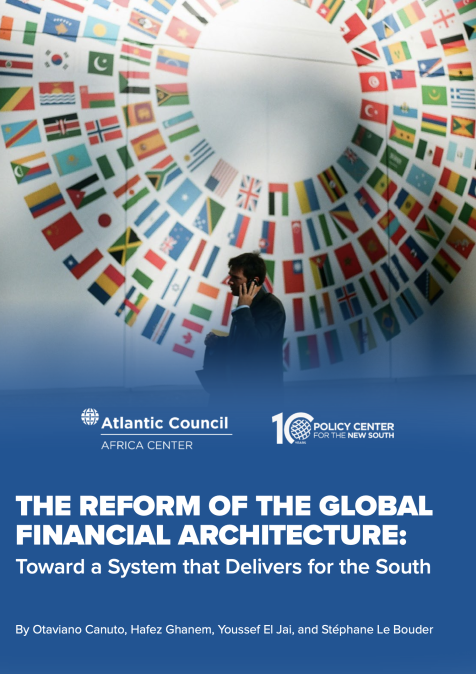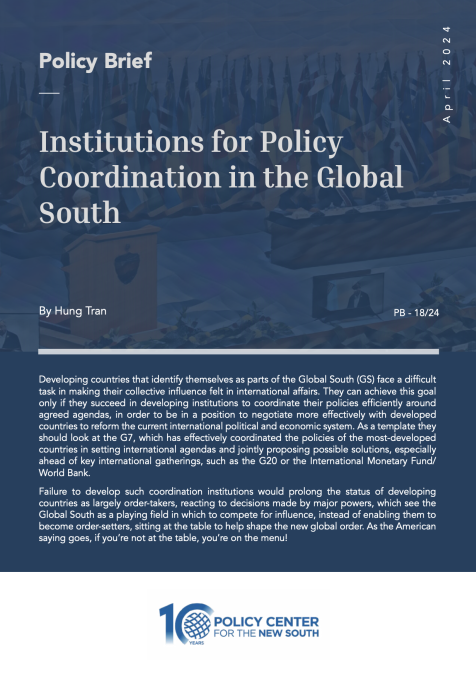In this episode of Redesigning Global Finance, we explore the evolving landscape of global financial governance, focusing on how institutions like the IMF, World Bank, and regional development banks are adapting to new economic realities and global crises. The episode examines how financial systems must evolve to support the Sustainable Development Goals (SDGs) and highlights the transformative role of digital technologies such as cryptocurrencies, blockchain, AI, and fintech in reshaping financial infrastructure and promoting financial inclusion. At the same time, it addresses the regulatory, security, and governance challenges these innovations present. The discussion centers on the urgent reforms needed to ensure financial resilience, aligning capital flows with sustainable development in emerging markets, and the changing role of traditional financial institutions in the face of rising digital finance.












